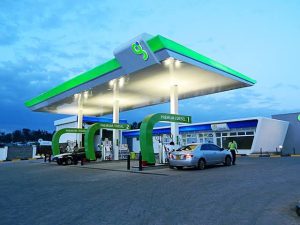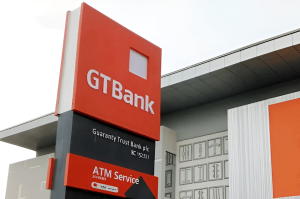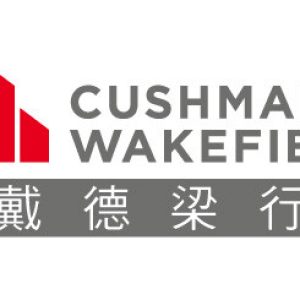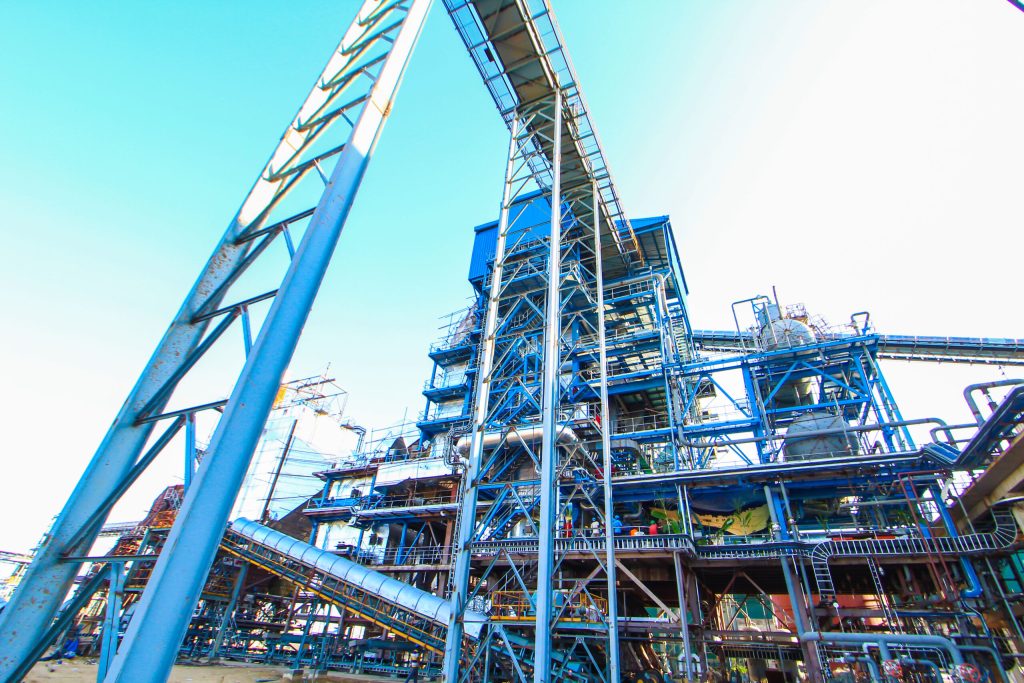
- Millers, Importers face 4 pc Sugar Levy as Kenya seeks industry revival
The government has implemented a 4 percent Sugar Development Levy on both locally produced and imported sugar, effective July 1, 2025.
This levy, announced by the Ministry of Agriculture, aims to revitalize Kenya’s struggling sugar industry.

Levy Calculation and Collection
The levy will be calculated as 4 percent of the ex-factory price for locally produced sugar and 4 percent of the cost, insurance, and freight (CIF) value for imported sugar.
All sugar millers and importers are required to pay this levy, with an option to pay by the 10th of the month following the sale or importation.
The Kenya Revenue Authority (KRA) has been appointed as the collection agent and is tasked with issuing comprehensive guidelines on the payment process.
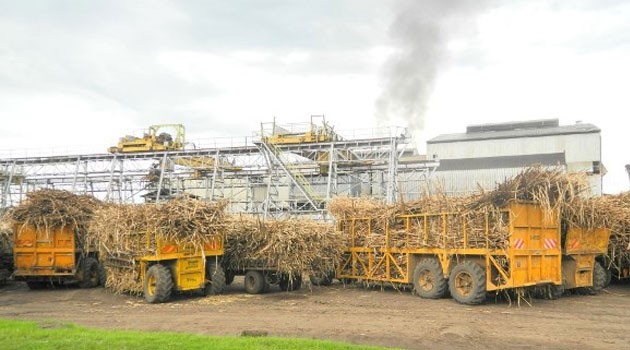 The Ministry of Agriculture stated that KRA will release a communication detailing the mode of collection.
The Ministry of Agriculture stated that KRA will release a communication detailing the mode of collection.
Intended Benefits vs. Stakeholder Concerns
The government maintains that the levy is designed to benefit the sugar industry by increasing infrastructure development, facilitating research, and directly benefiting farmers.
However, stakeholders have expressed concerns that this additional cost will inevitably lead to higher sugar prices for consumers.
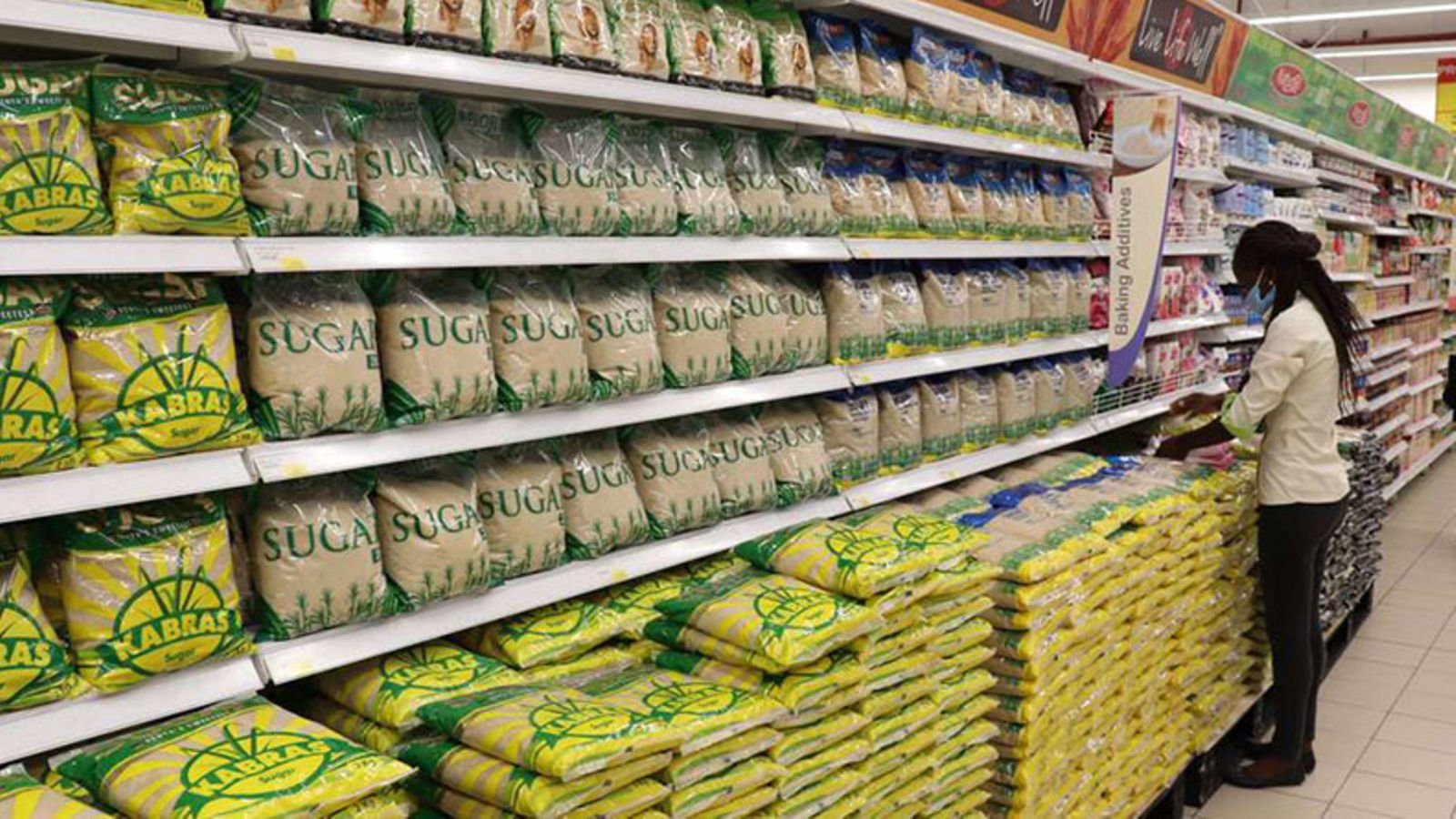 Legal Basis and Investment Commitments
Legal Basis and Investment Commitments
The levy’s introduction follows the gazettment of the Sugar Development Levy Order, 2025, under Section 40 (1) of the Sugar Act, No. 11 of 2024, by Agriculture Cabinet Secretary Mutahi Kagwe.
The order’s purpose is to streamline the collection of these levies, with the revenues dedicated to the development, promotion, and regulation of the sugar industry, specifically to support sugarcane farmers and associated stakeholders.
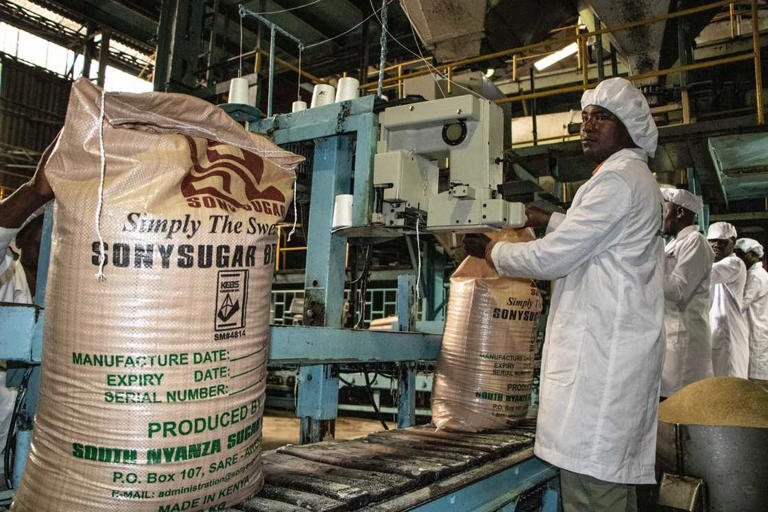 Recently, the government committed to an annual investment of Sh4 billion through the Sugar Development Levy (SDL) to boost the industry.
Recently, the government committed to an annual investment of Sh4 billion through the Sugar Development Levy (SDL) to boost the industry.
According to the Sugar Act, 2022, 40pc of the funds will be allocated for the purpose of cane development, while 15pc of the fund will be allocated to develop and rehabilitate state owned factories which have deteriorated over the years leading to low cane production.


